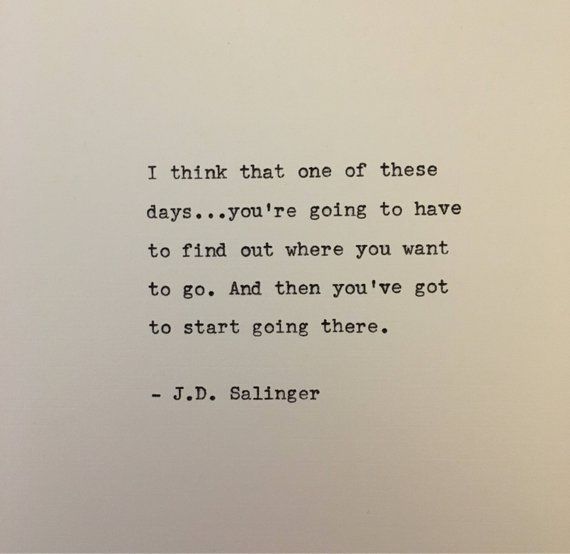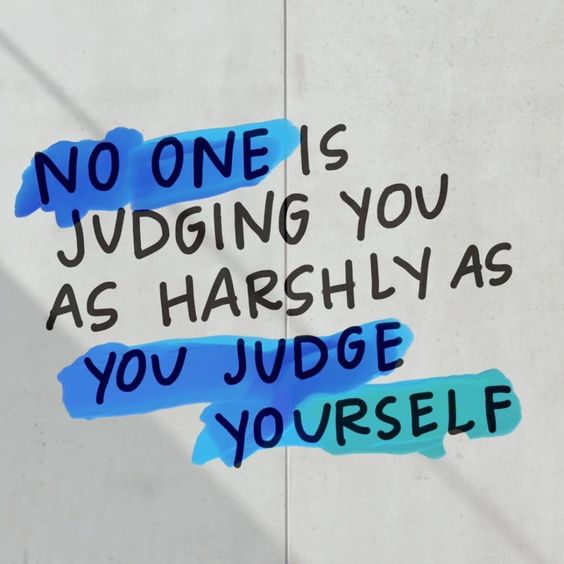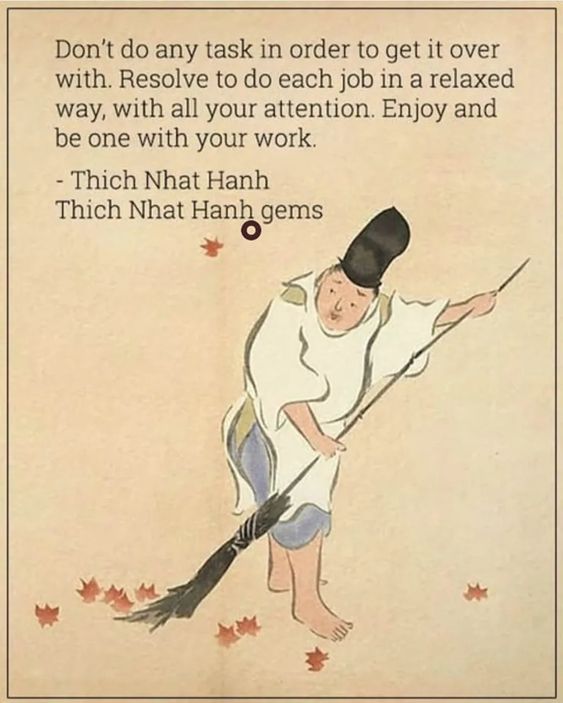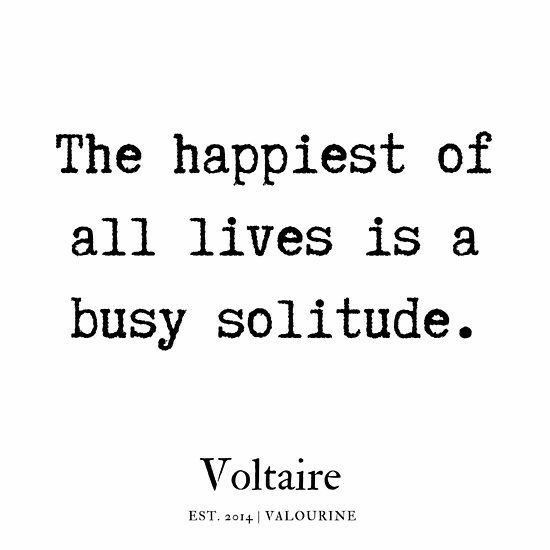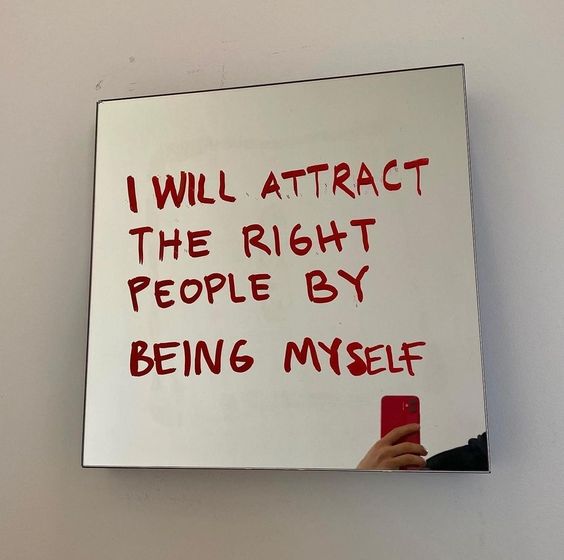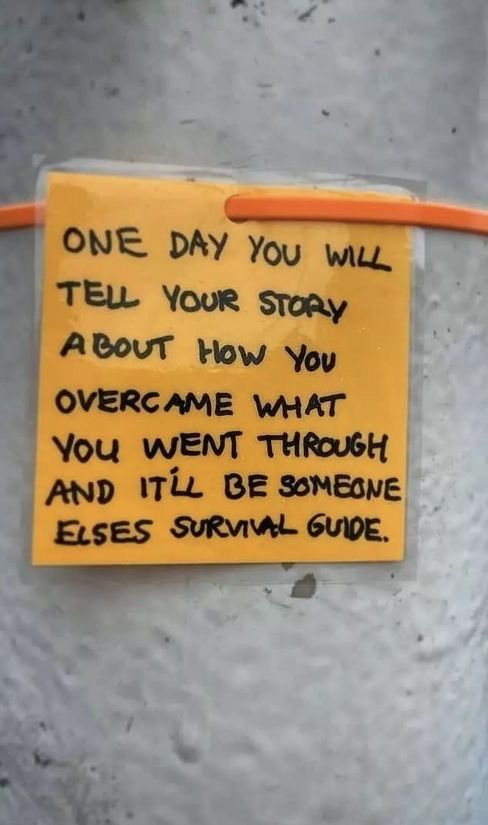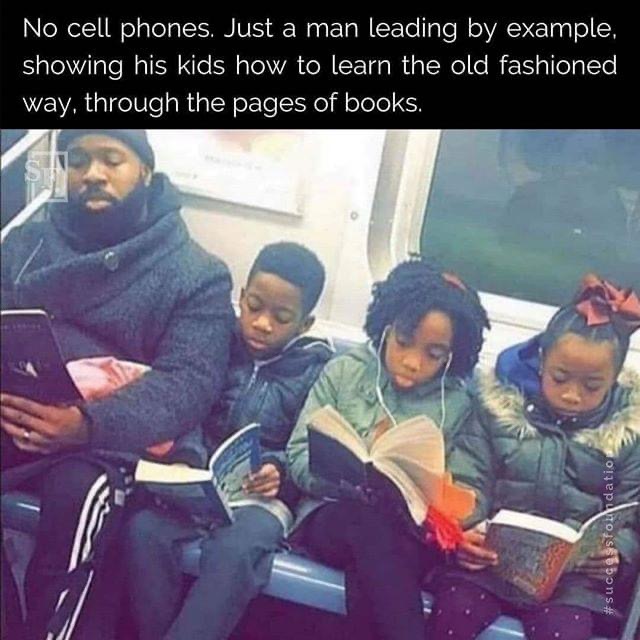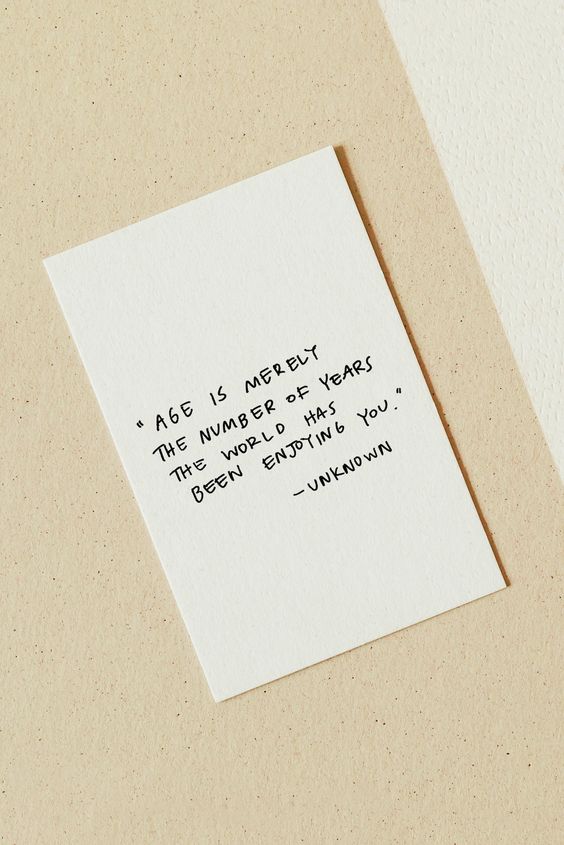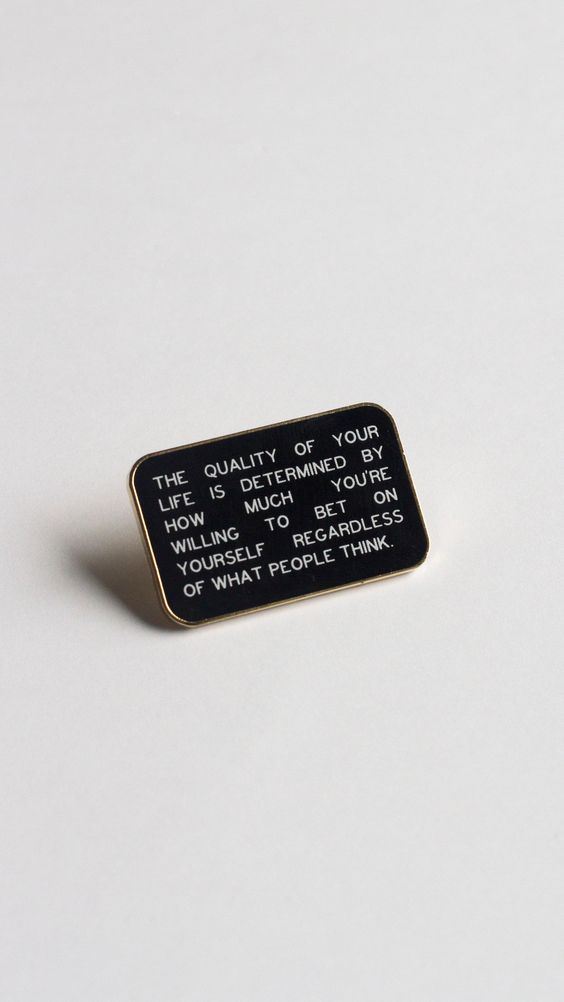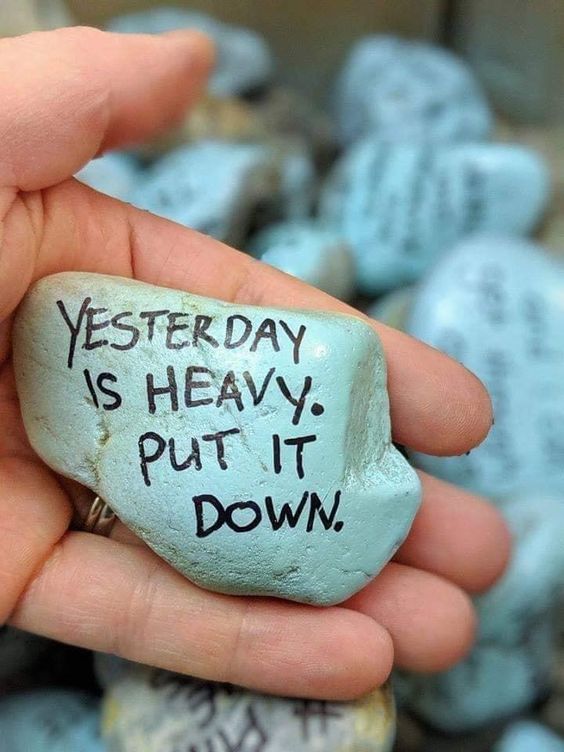“How many of us are good at spotting the feedback that’s saying, ‘Hey this is not working for you?’ How many of us make the same mistakes over and over, have been stuck in the same unproductive patterns for years, refusing to be taught by experience? How many of us are actively looking at models (as Seneca said, choosing ourselves a Cato) and being instructed by their example as we face new situations? How often are our beliefs changing, being updated to fit new information as it is provided by what we witness and undergo? Learning is so much more than what happens in books, so much than just facts and figures. It’s more than just what we seek out or want to hear. Life is a classroom. Experience is a teacher. Are we willing to be taught?”
Ryan Holiday
An Exercise In Forgiveness—To Help You Let Go Of Anger and Find Peace
Excerpt: Forgive—even if the relationship isn’t one you want to save. Not so you can let people off the hook, but so you can cultivate inner peace.
Read More »An Exercise In Forgiveness—To Help You Let Go Of Anger and Find Peace
“For the last ten years now I have kept a journal, using a counterintuitive yet effective method. It is simply this: I write less than I feel like writing. Typically, When people start to keep a journal they write pages the first day. Then by the second day the prospect of writing so much is daunting, and they procrastinate or abandon the exercise. So apply the principle of ‘less but better’ to your journal. Restrain yourself from writing more until daily journaling has become a habit.”
Greg McKeown, Essentialism (Page 78)
“The faster and busier things get, the more we need to build thinking time into our schedule. And the noisier things get, the more we need to build quiet reflection spaces in which we can truly focus.”
Greg McKeown, Essentialism (Page 68)
“The more you are in the head, the more the heart contracts. When you are not in the head, the heart opens like a lotus flower… and it is tremendously beautiful when it opens. Then you are really alive, and the heart is relaxed. But the heart can only be relaxed in trust, in love. With suspicion, with doubt, the mind enters. Doubt is the door of the mind; doubt is the bait for the mind.”
Osho, Everyday Osho (Page 117)
“There is a false association with the word focus. As with choice, people tend to think of focus as a thing. Yes, focus is something we have. but focus is also something we do.”
Greg McKeown, Essentialism (Page 65)
“We need space to escape in order to discern the essential few from the trivial many. Unfortunately, in our time-starved era we don’t get that space by default—only by design.”
Greg McKeown, Essentialism (Page 64)
